In the past, CommerceNet has sponsored and enabled communities to promote collaboration, standards, and idea pollination.
We’re pleased to support, or have had a hand in creating, a number of initiatives, including:

Big Ideas
Launched in 2005, the Big Ideas @ Berkeley initiative provides funding, support, and encouragement to interdisciplinary teams of UC Berkeley undergraduate and graduate students who have “big ideas.” Students post approved project proposals in the Big Ideas marketplace, where donors can make financial contributions via an online form. CommerceNet financed and managed the creation of the Big Ideas website.
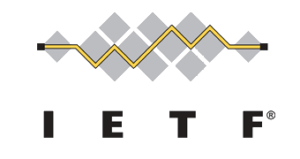
Internet Engineering Task Force (IETF)
IETF is a large, open international community of network designers, operators, vendors, and researchers who are committed to making the Internet work better. IETF’s mission is to produce relevant, high-quality technical and engineering documents that influence the way people design, use, and manage the Internet. These documents include protocol standards, current best practices, and informational documents of various kinds.
Joint Venture: Silicon Valley Network
Established in 1993, Joint Venture: Silicon Valley Network provides analysis and action on issues affecting our region’s economy and quality of life. The organization brings together established and emerging leaders—from business, government, academia, labor, and the broader community—to spotlight issues and work toward innovative solutions.

Microformats
Microformats.org is a community for microformats advocacy, education, and technical information. Designed for humans first and machines second, microformats are a set of simple, open data formats built upon existing and widely adopted standards. Instead of throwing away what works today, microformats intend to solve simpler problems first by adapting to current behaviors and usage patters (e.g., XHTML, blogging).
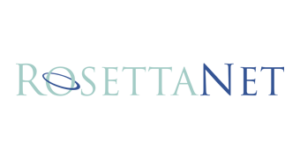
RosettaNet
With over seven years of proven industry application, RosettaNet is a globally supported standards organization that promotes collaborative commerce. RosettaNet is used and endorsed by more than 500 companies around the world; and their standards have been implemented by companies of all sizes, from small enterprises to huge global conglomerates.

STIRR
STIRR is an independent entity that catalyzes entrepreneurial activity in the San Francisco Bay area, connecting early stage entrepreneurs with peers, senior entrepreneurs, and the ecosystem they need in their first 6 – 24 months of operation. STIRR is run by a dedicated group of volunteers and supported by a group of generous sponsors.
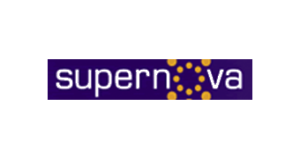
Supernova
Supernova is a conference that brings business, government, and technology thought leaders together to understand how decentralization and pervasive connectivity are changing the world.
Supernova attempts to answer “what’s next” after everything is connected. It’s the only event that assembles the most compelling people and companies from the converging worlds of computing, telecom, and digital media to put decentralization issues into meaningful social and business contexts.
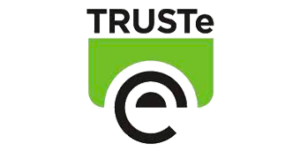
TRUSTe
TRUSTe was founded by the Electronic Frontier Foundation (EFF) and CommerceNet to act as an independent, unbiased trust entity. The organization helps consumers and businesses identify trustworthy online organizations through trusted download programs and privacy seals for Web and email. Every year, TRUSTe resolves thousands of individual privacy disputes and has earned a reputation as the leader in promoting privacy policy disclosure, informed user consent, and consumer education.
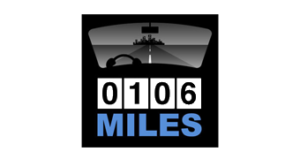
106 Miles
A networking group for entrepreneurial engineers in Silicon Valley, 106 Miles meets on a monthly basis to discuss the state of the consumer Web space.
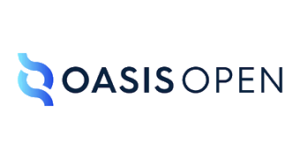
OASIS
OASIS (Organization for the Advancement of Structured Information Standards) is a not-for-profit consortium that drives the development, convergence, and adoption of open standards for the global information society. The consortium produces more Web services standards than any other organization, along with standards for security, e-business, and standardization efforts in the public sector and for application-specific markets. Founded in 1993, OASIS has more than 5,000 participants, representing over 600 organizations and individual members in 100 countries.
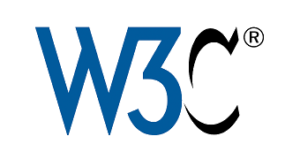
World Wide Web Consortium (W3C)
W3C is an international consortium where member organizations, a full-time staff, and the public work together to develop Web standards. The consortium’s mission is to lead the Web to its full potential by developing protocols and guidelines that ensure long-term growth. Since 1994, W3C has published more than 100 such standards, called W3C recommendations. The organization also engages in education and outreach, develops software, and serves as an open forum for discussions about the Web.
W3C is an international consortium where member organizations, a full-time staff, and the public work together to develop Web standards. The consortium’s mission is to lead the Web to its full potential by developing protocols and guidelines that ensure long-term growth. Since 1994, W3C has published more than 100 such standards, called W3C recommendations. The organization also engages in education and outreach, develops software, and serves as an open forum for discussions about the Web.
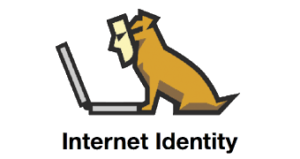
Internet Identity Workshop
As part of Identity Commons, the Internet Identity Workshop creates opportunities for both innovators and competitors, providing an open forum for all organizations—big and small—to come together in a safe and balanced space. The heart of the workshop is a practical idealism about working towards a decentralized, user-oriented identity layer for the Internet.
Originally, the Web was built around “pages,” so no tools or standards were established to control the collection and usage of personal information. The Workshop brings together people who are working on solutions to address this issue. It isn’t about any specific technology but rather is a place to discuss multiple interoperating (and possibly competing) projects, standards, and networks for identity, data sharing, and reputation.
CommerceNet has been a regular sponsor of the Internet Identity Workshop meetings; and several team members—Allan M Schiffman, Rachna Dhamija, and Lisa Dusseault—frequently attend the biannual sessions.
